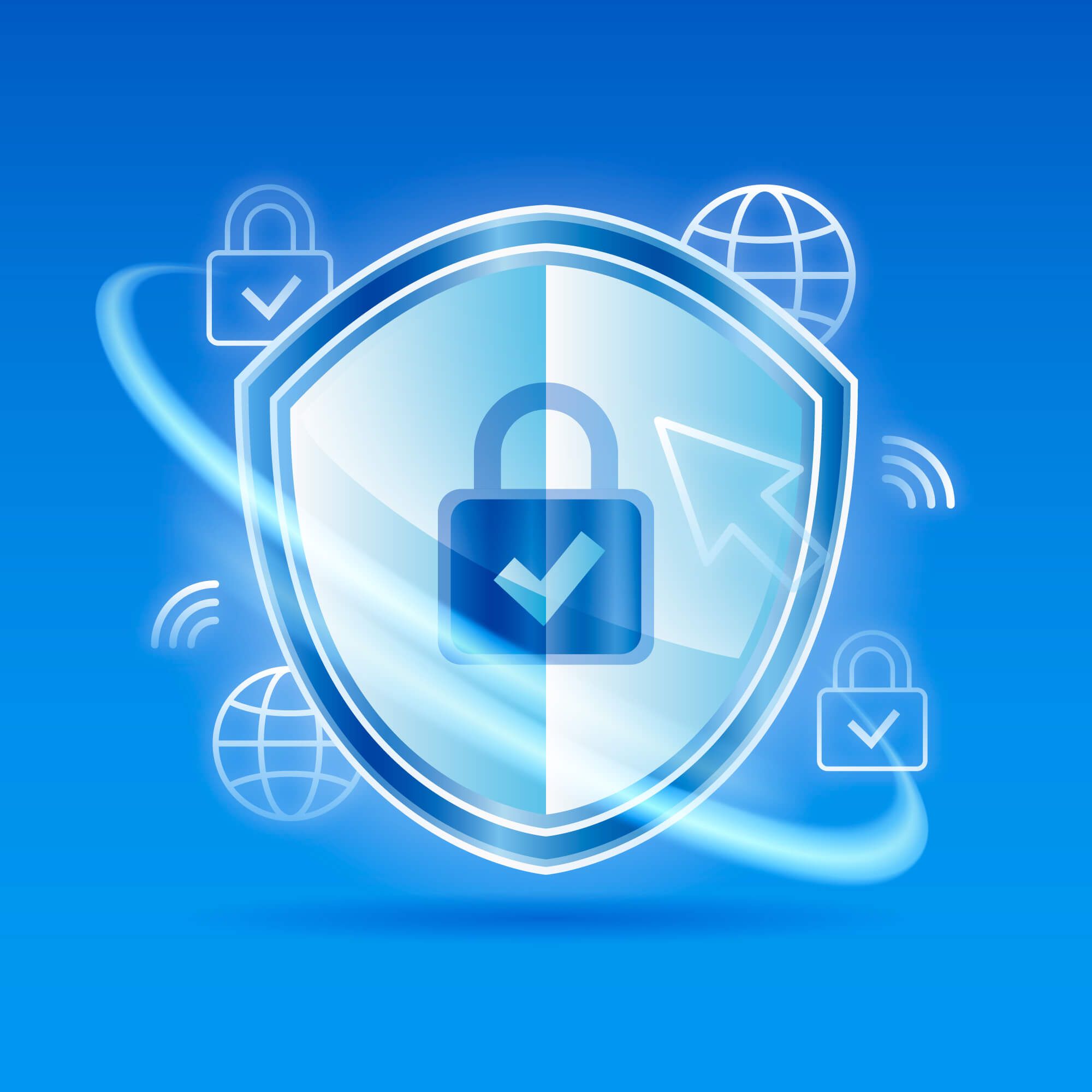About Information Security Awareness & Education

In today's digital world, cyberattacks are more prevalent than ever, with the number of victims growing exponentially. Attackers are consistently finding new and creative ways to lure victims into traps. Sometimes, even for security professionals, it is becoming more difficult to differentiate between genuine and fake content with the use of advanced technologies like AI.
Therefore, it is crucial that individuals and organizations prioritize security awareness and education to protect themselves and their sensitive data from potential security breaches. In this post, we will explore the high-level importance of security awareness, what it entails, and how to improve it. We will also cover the benefits of security awareness, the resources available, and the objectives.
What is Information Security Awareness?
Knowledge and understanding of topics such as avoiding phishing, fraud detection, and data protection, as well as a wide variety of online threat protection measures, can help one protect themselves, their data, and their systems from online attacks.
It is also referred to as Information Security Awareness and Education, which helps individuals & organizations understand potential security risks and take necessary action to mitigate them.
It also includes knowledge of safe online practices, such as recognizing potential scam emails, protecting against identity theft, creating secure passwords, and safeguarding sensitive data, etc.
Example:
The privacy-aware user knows not to use public Wi-Fi to access their bank account in order to prevent their personal information from being intercepted.
The Importance of Security Awareness and Education: Why You Need to Stay Informed
- With proper knowledge and understanding, the risk of being targeted by cybercriminals can be minimized.
- Security awareness and education programs help individuals and organizations understand the latest threats in the field of cybersecurity and protect themselves and their data.
- It helps organizations to continuously improve their security posture and stay ahead of potential threats.
- It helps organizations and individuals define clear security awareness objectives and evaluate the effectiveness of the program.
- Security awareness and education programs can save time and money by decreasing the likelihood of costly security incidents.
- Ensure that employees are familiar with protocols and procedures for handling sensitive or business-critical information, such as confidential documents, passwords, and customer data.
- There is less chance of employees becoming victims of cyber attacks.
Overall, taking proactive steps helps to reduce the risk of being targeted by cybercriminals.
Security Awareness Objectives: Why You Need a Plan
The objectives of security awareness programs will vary depending on the organization's needs. However, common objectives may include increasing employees' knowledge of cybersecurity threats, reducing the risk of data breaches, and promoting a culture of security awareness throughout the organization.
Example:
Financial institutions implement a security awareness program to train employees on how to identify and respond to potential cyber threats, thus reducing the risk of a data breach and improving their overall security posture.
How Often Should Security Awareness Training be Conducted?
The frequency of security awareness training depends on the organization's needs and the nature of its business. However, it is generally recommended that security awareness training be conducted regularly, such as half-yearly or annually. This helps keep cybersecurity at the forefront of employees' minds and ensures that everyone is up to date on the latest threats and best practices.
Example:
Big corporations continuously conduct simulated phishing attacks to keep employees aware of the latest tactics used by cybercriminals. Other organizations organize guest training or activities to stay up to date with the latest tactics.
When is Security Awareness Month?
October is recognized as Cybersecurity Awareness Month to promote the importance of cybersecurity. It is a great opportunity for us to focus on taking the necessary measures to ensure digital safety.
These events serve as reminders to individuals and organizations to prioritize cybersecurity awareness and education throughout the year.
You can learn more about other security dates here
Example:
In October, IT companies host a series of events, fun activities, sessions, and discussions to educate employees on the latest cybersecurity threats and best practices for staying safe online.
Summary
"Education is the key". Security awareness and education are crucial in today's digital world. By staying informed and taking proactive steps to protect ourselves and our sensitive data, we can reduce our risk of becoming victims of cyber threats. With the resources and tools available, individuals and organizations can improve their cybersecurity knowledge and promote a culture of security awareness throughout their communities.
Security Awareness Resources:
Helps You Stay Informed
Below are some more references to help you learn more about security threats and how to protect yourself from known attacks.
- National Cyber Security Alliance: https://staysafeonline.org/
- Stop.Think.Connect: https://www.stopthinkconnect.org/
- SANS Security Awareness: https://www.sans.org/security-awareness-training/resources/
- National Institute of Standards and Technology Cybersecurity Framework: https://www.nist.gov/cyberframework
- International Association of Privacy Professionals: https://iapp.org/
- Federal Trade Commission: https://www.ftc.gov/tips-advice/business-center/small-businesses/cybersecurity
- Free and Low-cost Online cybersecurity learning content: https://www.nist.gov/itl/applied-cybersecurity/nice/resources/online-learning-content
